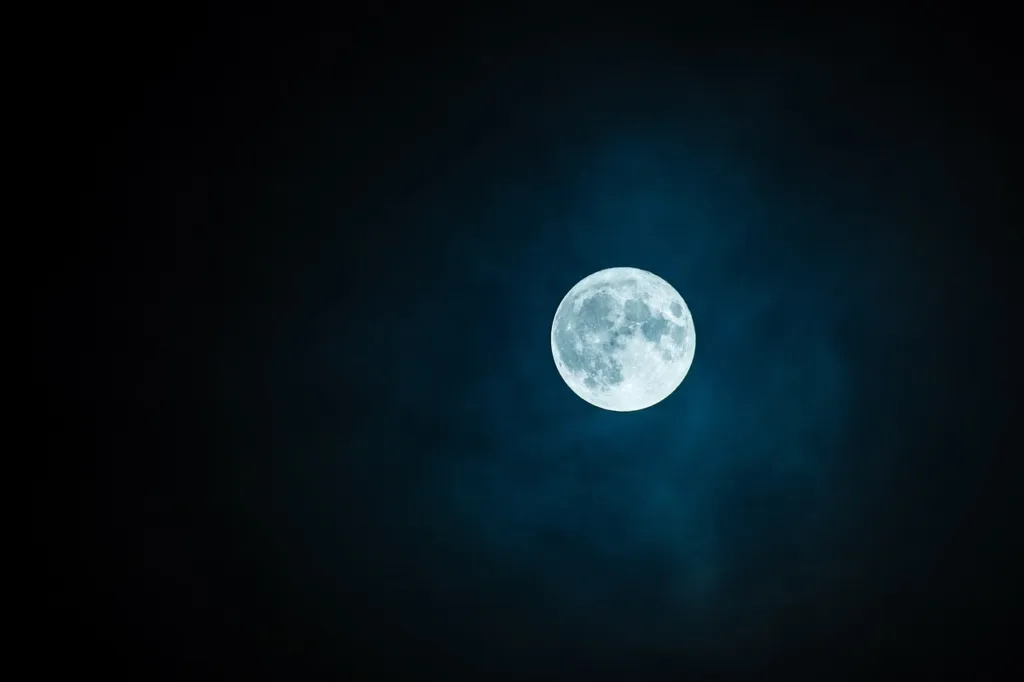Each year on July 20th, people worldwide come together to celebrate a remarkable event that forever changed the course of human history—International Moon Day. This day commemorates the day when humanity achieved one of its most extraordinary feats, setting foot on the Moon.
Table of Contents
A Giant Leap for Mankind: The Apollo 11 Mission
On July 20, 1969, the Apollo 11 mission, led by NASA, accomplished the seemingly impossible by landing two astronauts, Neil Armstrong and Edwin “Buzz” Aldrin, on the surface of the Moon. This momentous event was watched live by millions of people worldwide via a live television broadcast from the surface.
Neil Armstrong’s famous words as he descended from the lunar module will forever be etched in our collective memory: “That’s one small step for [a] man, one giant leap for mankind.“
The Apollo 11 mission marked the culmination of years of scientific and technological advancements. It was a testament to the incredible capabilities of human ingenuity and the unwavering spirit of exploration. The success of this mission not only showcased humanity’s potential to conquer new frontiers but also inspired generations to dream big and aim for the stars.
Honouring the Moon: International Moon Day
International Moon Day is not only a celebration of the Apollo 11 mission but also an occasion to appreciate and understand our celestial neighbour—the Moon. This day serves as a reminder of the Moon’s significance in shaping Earth’s history and its role in various cultural beliefs and scientific discoveries.
Throughout history, the Moon has captivated the human imagination. Ancient civilizations, such as the Egyptians and Mayans, crafted mythologies around the Moon, attributing its cycles and appearances to gods and deities. The Moon’s presence in art, literature, and music has inspired countless creations, evoking emotions of wonder, mystery, and romance.
Beyond its cultural importance, the Moon plays a crucial role in Earth’s ecosystems. Its gravitational pull influences the tides, creating dynamic coastal habitats for various marine species. Additionally, the Moon’s influence on Earth’s rotational axis helps stabilize the planet’s climate and seasons, making it conducive to life as we know it.
The Scientific Legacy of the Moon
The scientific study of the Moon has provided invaluable insights into the history and formation of our solar system. Lunar geology has shed light on the early stages of Earth and the Moon, revealing evidence of past celestial impacts that have shaped the landscape of both celestial bodies.
In recent years, the Moon has been the focus of renewed interest and exploration efforts. Various space agencies and private companies have embarked on missions to return to the Moon, with the ultimate goal of establishing a sustainable human presence on its surface. These efforts aim to unlock the Moon’s potential as a stepping stone for further space exploration, such as missions to Mars and beyond.
Promoting Space Exploration and Scientific Curiosity:
International Moon Day serves as a reminder of the significance of space exploration in advancing human knowledge and technological prowess. It encourages nations, organizations, and individuals to support scientific endeavours that push the boundaries of what we know about the cosmos.
Moreover, celebrating the Moon fosters scientific curiosity among younger generations. Inspiring the next generation of scientists, engineers, and explorers is essential for the continued progress of humanity and the preservation of our planet.
How to Celebrate International Moon Day
There are various ways to celebrate International Moon Day, whether you’re an astronomy enthusiast, a history buff, or simply curious about space:
- Stargazing: Spend the evening observing the Moon and other celestial objects with a telescope or binoculars. It’s an excellent opportunity to appreciate the beauty of the night sky.
- Educational Activities: Engage in educational activities related to space exploration and lunar science. This can include visiting a planetarium, attending astronomy lectures, or participating in online workshops.
- Moon-Themed Art and Literature: Create art or read literature inspired by the Moon. Express your creativity and emotions through paintings, poems, or stories centred around our celestial neighbour.
- Support Space Organizations: Consider donating to or volunteering with organizations that promote space exploration and scientific research.
- Educate Others: Share the significance of International Moon Day with your friends, family, or community. Encourage discussions about the importance of space exploration and the Moon’s role in human history.
Conclusion
International Moon Day is a special occasion that allows us to marvel at past achievements, appreciate the wonders of the Moon, and inspire future space exploration. It’s a day to come together as a global community, united in our shared curiosity about the cosmos and our desire to explore the unknown. So, on July 20th, let’s raise our heads to the sky and salute our remarkable celestial neighbour—the Moon!
Watch: NASA Science Earth’s Moon

